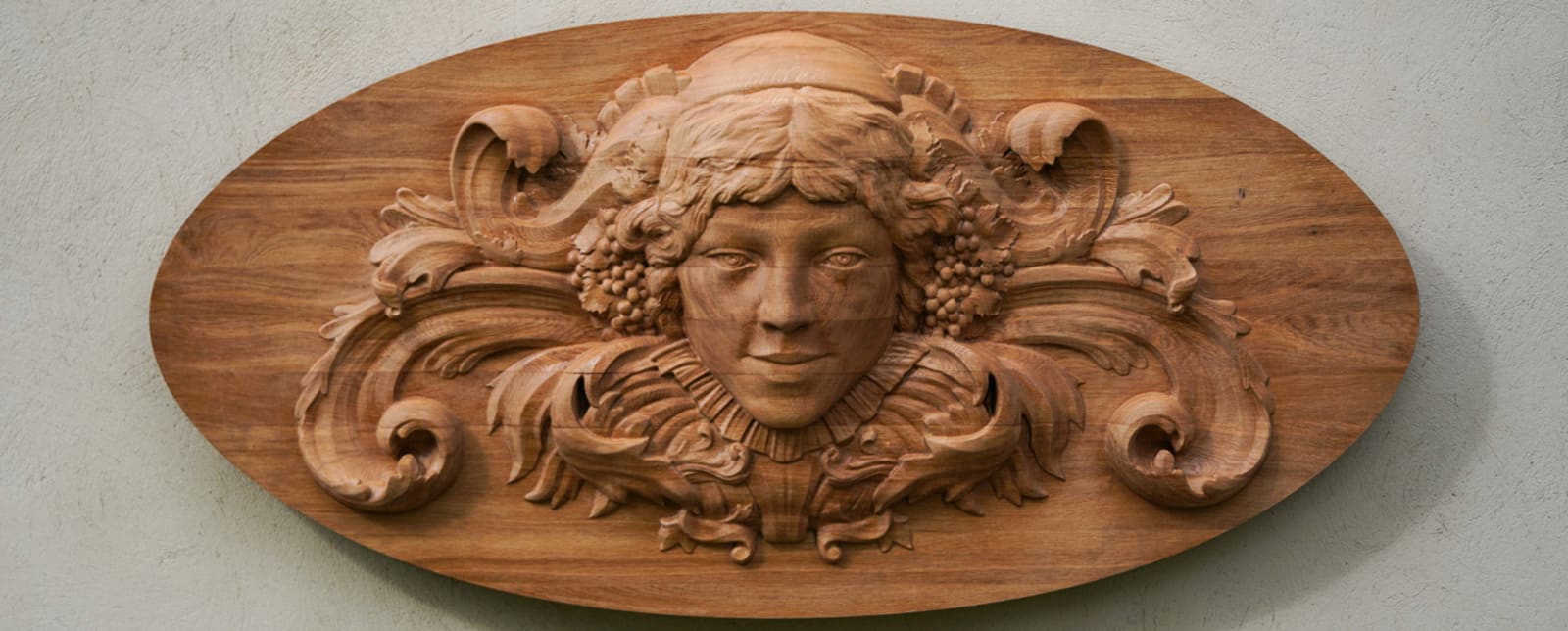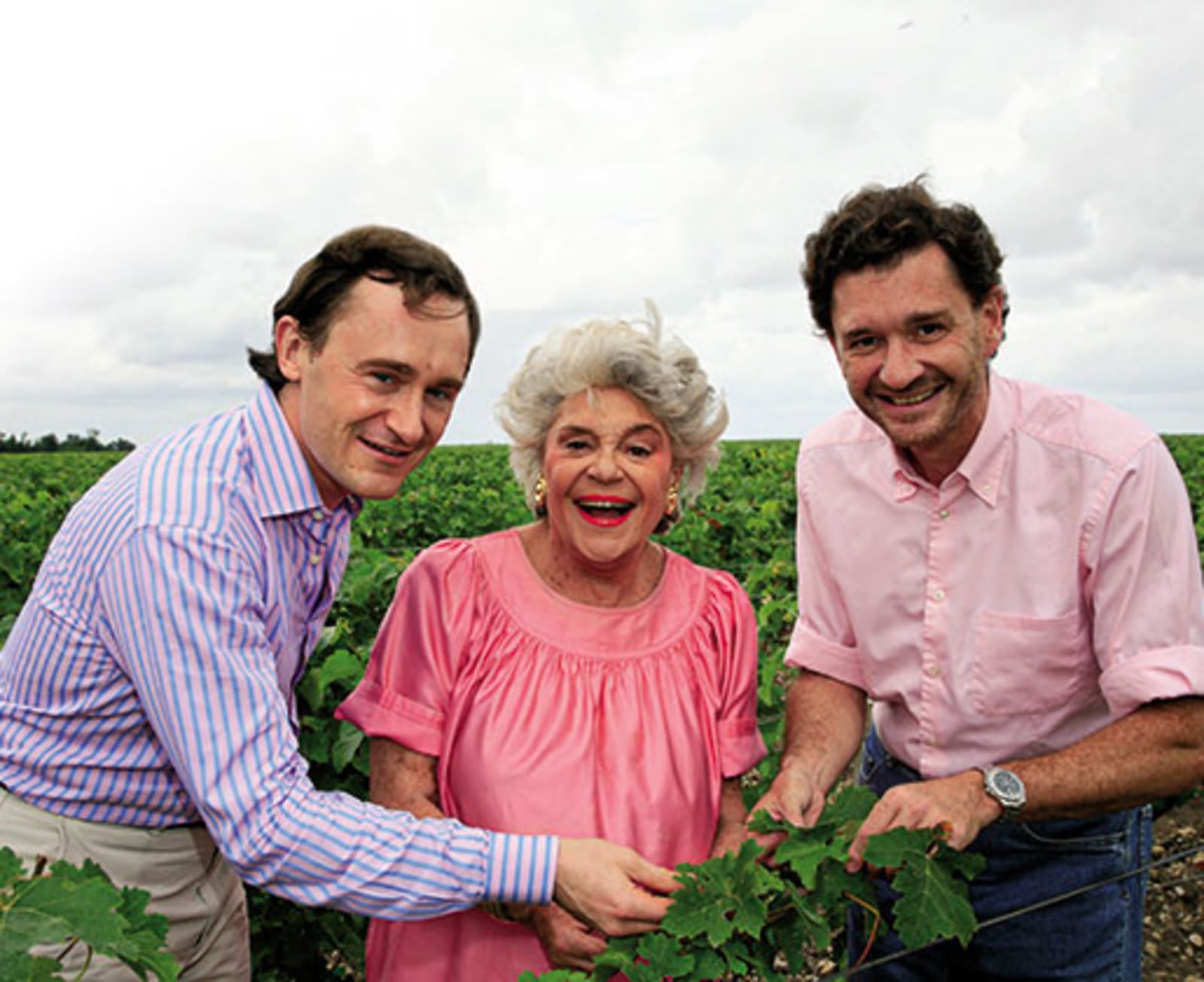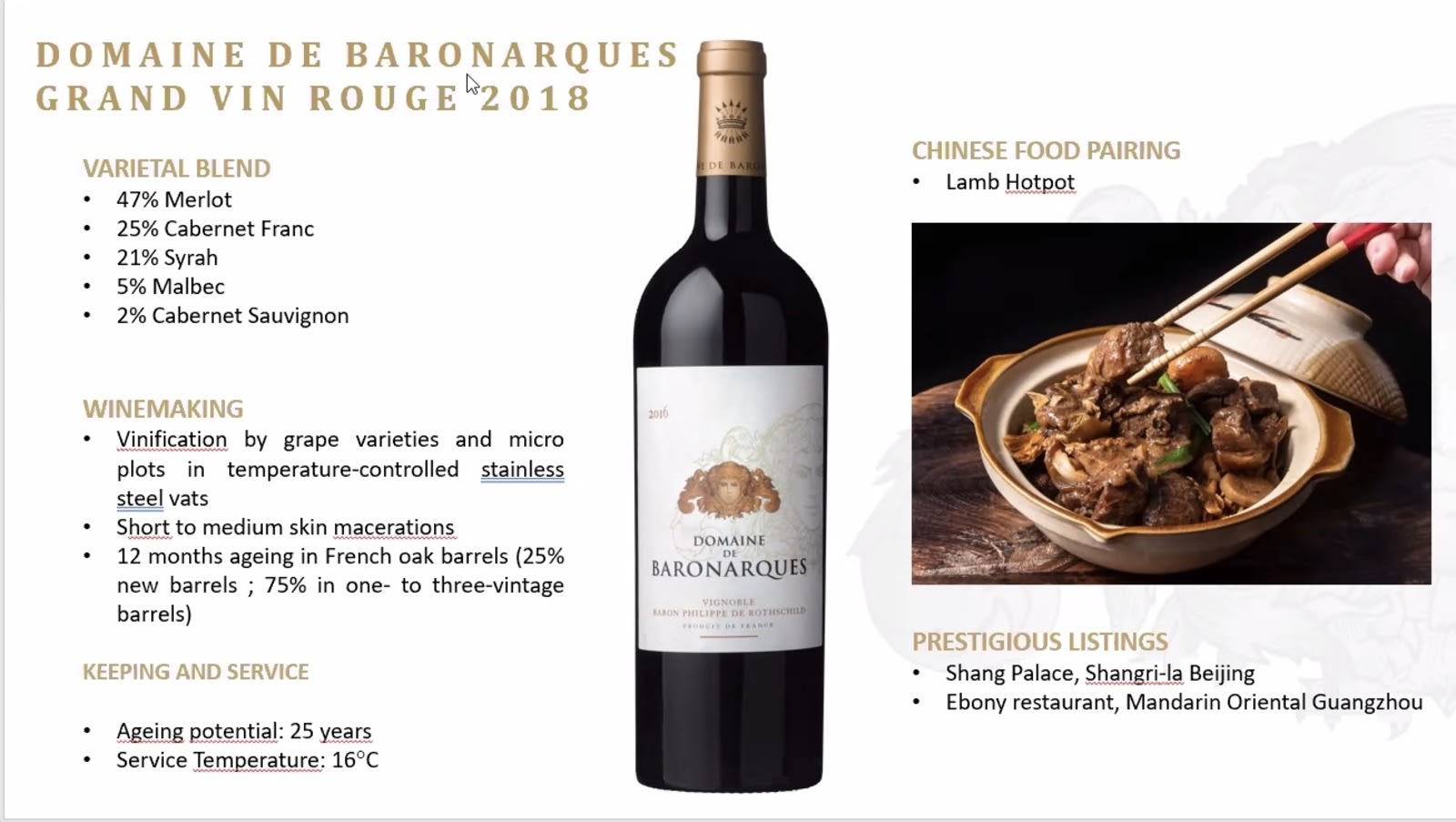If you follow Mouton Rothschild, the first-growth chateau in Bordeaux, you are probably aware that the family have also invested in wineries outside France, most notably Opus One in the USA and Almaviva in Chile, both joint ventures with Robert Mondavi and Concha y Toro respectively.
Little do wine lovers know that the family also wholly own Domaine de Baronaques in Limoux, southern France. The estate is the oldest property in the family’s portfolio, dating back to the eighth century under the Benedictine abbey of Saint-Polycarpe. It was called Domaine de Lambert in the 17th century and changed hands a few times – that is, until 1988, when the Rothschild family purchased it and renamed it Domaine de Baron’Arques.

The vineyard was not in good shape at the time of purchase, but the baroness and her sons saw its charm and potential. At 250–350 metres above sea level, it is influenced by two very different climates, one Mediterranean, guaranteeing optimum sunshine, and the other Atlantic, bringing welcome rainfall during the driest periods. The estate is comprised of 110 hectares, but only 43 hectares are under vines.
After spending five years upgrading the vineyard and renovating the winery, the first red wine, a blend of six Bordeaux and Mediterranean varieties, was finally produced in 2003. The quality of the wine was outstanding and was awarded the new AOC Limoux Rouge appellation declared in 2002.

One of the Mediterranean varieties, Grenache, didn’t survive, and the block was replanted with Chardonnay. In 2009, a 100% Chardonnay Domaine de Baron’Arques white wine was born, one year after the release of the second red wine, La Capitelle de Baron’Arques, in 2008. The estate was renamed again in 2015 to Domaine de Baronaques.

The 2018 vintage red wine was launched in March this year, and Estate Director Augustine Deschamps recently gave us a briefing on the wine via Zoom. I noted that the alcohol of the wine stands at 15%, and given that more consumers these days prefer lighter styles of wine, I wondered if the wine is going against this trend. Deschamps assured me that because of its low pH, high acidity and concentration, the wine is well-balanced and tastes like a 13.5/14%-alcohol wine. He did, nevertheless, admit that they are looking at using more Cabernet Franc and Syrah, both late ripeners, rather than Merlot in the blend in order to reduce the final alcohol volume.
Deschamps is especially excited about the wine because it shares the same pioneer spirit as Opus One and Almaviva. This wine drinks well now, but it can develop gracefully for another 8–10 years.

Priced at around HK$400 retail per bottle for both the red and white wines, Domaine de Baronaques provides an affordable taste of Mouton Rothschild’s empire. Deschamps recommends lamb hotpot with the red, and I reckon chicken claypot would be perfect with the white.
For more wine articles like this, like Foodie on Facebook

